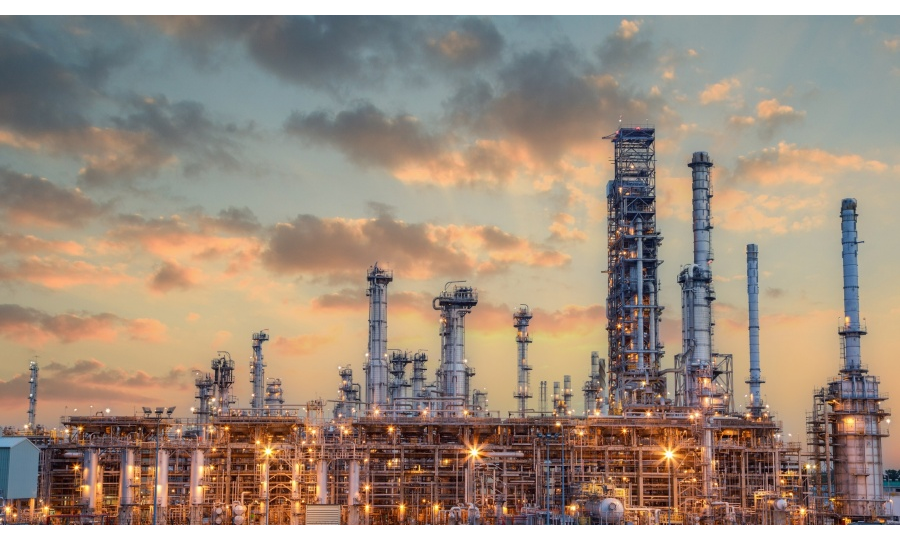
Russia’s Sibur will start construction in Q2 2025 on a new catalyst manufacturing plant in Kazan, aimed at supporting polyethylene, polypropylene and synthetic rubber production across the country.
The site will sit close to Sibur’s flagship research centre, due to open in 2026, and near the Kazanorgsintez chemical plant.
Chromium catalysts from the first train are already specified for Kazanorgsintez and Tobolsk’s ZapSibNeftekhim, and are planned for the Amur gas chemicals complex, also expected online in 2027. These catalysts are used to produce film and blow-moulded polyethylene grades for items such as canisters, bottles and fuel tanks.
Neodymium catalysts are critical for making high quality synthetic rubbers used in tyres. They drive the polymerisation of butadiene and isoprene to create neodymium-based polybutadiene and polyisoprene. These materials deliver elasticity, wear resistance and fatigue performance that tyre makers want, especially for low rolling resistance compounds in electric vehicle fitments. Localising a broad catalyst toolkit increases supply security for rubber producers and, in turn, tyre manufacturers.
Sibur says this will be the first plant in Russia and the CIS to make the full set of catalysts required for polyethylene and polypropylene production. Company data indicate polyethylene and polypropylene output in Russia and the CIS reached 7.9 million tonnes in 2024. With ongoing projects, total capacity could more than double by 2030.
Catalysts underpin more than half of known polymer production, enabling a wide range of grades for transport, construction, agriculture, healthcare, food packaging and consumer goods. A significant share of catalysts is currently imported from allied countries. The new plant is intended to reduce that dependency.
In December 2024, Sibur opened a petrochemicals technology piloting centre at Tobolsk. The company says this can accelerate catalyst and new polymer grade development by up to ten times, with infrastructure that supports 12 polypropylene and polyethylene production technologies, covering about 90 percent of those used in Russia. In November 2024, Sibur also unveiled its Nobel catalyst for propylene synthesis, a key monomer for polypropylene.
For tyre makers, secure access to neodymium catalyst systems and tailored rubber grades is a strategic lever. Consistent neodymium-catalysed polybutadiene and polyisoprene support tread compounds that balance abrasion resistance, grip and rolling efficiency. If Sibur executes to plan, domestic catalyst supply could improve availability and cost control for synthetic rubber producers serving both ICE and EV tyre programmes from 2027 onward.
Disclaimer: This content may include forward-looking statements. Views expressed are not verified or endorsed by Tyre News Media.